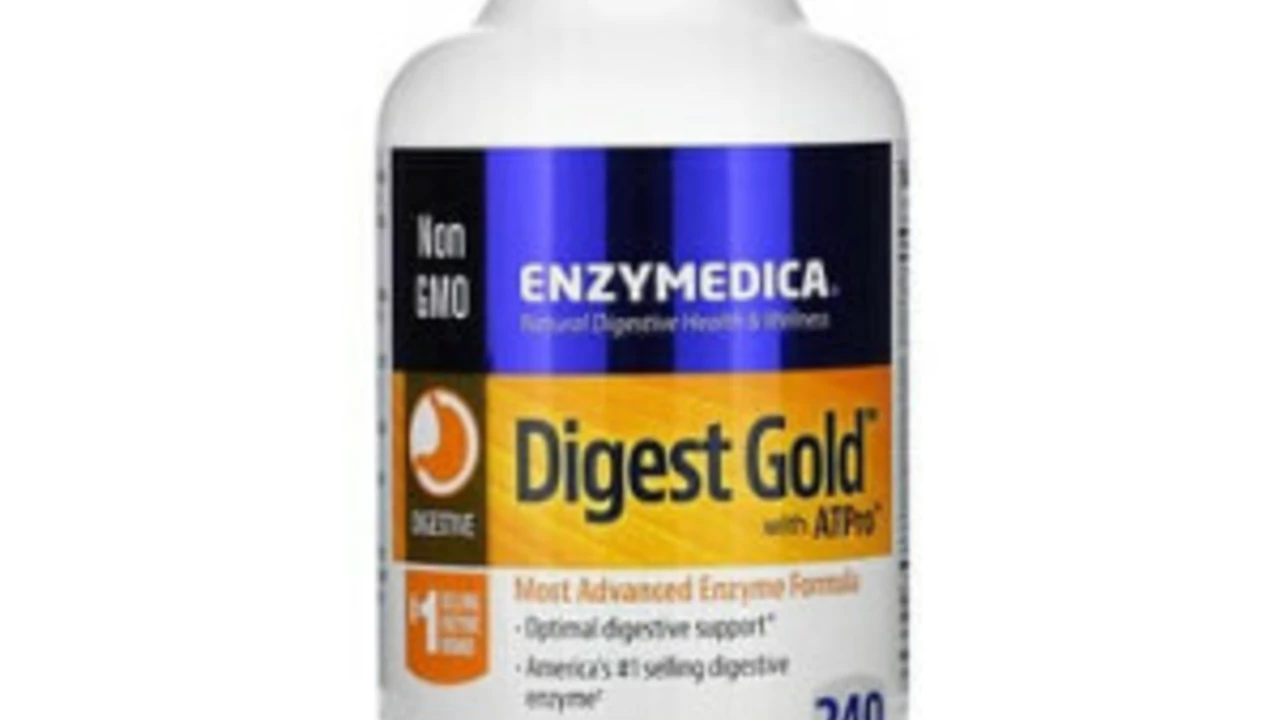Dietary supplements: practical tips to pick what helps and avoid harm
You probably think supplements are harmless. But they can interact with prescriptions, carry contaminants, or simply do nothing. This page gathers our best articles and simple rules so you can use supplements smarter, not riskier.
Start with a question: why do you want a supplement? Fill a gap in your diet, ease inflammation, or try an herbal remedy? Be specific. If you want immune support, quercetin and vitamin C appear across our posts. For digestion or relaxation, herbs like Sweet Woodruff and products labeled "Mouse Ear" show up in our guides. Match the supplement to a clear goal and read the active ingredients on the label.
How to judge quality
Look for third-party testing seals (USP, NSF, ConsumerLab). Check the full ingredient list and avoid proprietary blends that hide doses. Prefer brands that list exact milligrams and provide contact info. Watch for exaggerated claims like "cures" or "detoxs your body"—those are red flags. Also check expiration dates and storage rules; some vitamins lose strength if stored poorly.
Safety: interactions and dosing
Supplements can interfere with medicines. For example, high-dose vitamin K affects warfarin, and St. John's wort can lower levels of many drugs. Don’t assume "natural" means safe. Start with the lowest effective dose, follow label directions, and tell your doctor what you take. If you notice new symptoms after starting a supplement, stop and consult a clinician.
Buying online? Use reputable pharmacies or well-known retailers. Read recent customer reviews and confirm the seller ships from regulated warehouses. Avoid offers that seem too cheap or promise fast fixes. Our articles include guides on safe online purchase practices and lists of trusted alternatives to common online pharmacies.
Keep a short list of trustworthy supplements to try before chasing every trend. Popular, well-researched options here include a basic multivitamin, vitamin D for low levels, omega-3 fish oil for heart and brain support, and quercetin for antioxidant effects. Herbal picks like Sweet Woodruff and Mouse Ear deserve cautious use—learn dosing and interactions first.
Where to read more on this site: check our posts about quercetin benefits, herbal profiles, and articles that compare supplements with prescription options. We also cover antifungals, anti-inflammatories, and how supplements may fit with those treatments. Use our tag page to jump to specific pieces and save time.
Final tip: keep a supplement diary. Note the brand, dose, start date, and any changes. That makes it easier to spot benefits or problems and gives your clinician useful info. When used wisely, supplements can help. When used without thought, they can harm. Be practical, check facts, and ask questions.
Practical example: check the label for active forms—omega‑3 supplements list EPA and DHA milligrams, not just 'fish oil.' Aim for products that state EPA+DHA totals. For vitamin D, look for vitamin D3 and a clear IU amount. If you're unsure, ask your pharmacist to compare brands. Small checks like that cut risk and often save money. Start small and track effects.
Discover the Incredible Health Benefits of Nux Vomica Dietary Supplements

In my latest blog post, I delve into the amazing health benefits of Nux Vomica dietary supplements. It's surprising how these supplements, derived from a plant, can help treat a variety of ailments, from digestive issues to respiratory problems. Not only that, it's also been found to aid in reducing anxiety and stress. However, it's important to note that Nux Vomica should be taken in regulated doses due to its potential toxicity. So, if you're interested in natural remedies, this is one you definitely want to explore.
- July 26 2023
- Tony Newman
- 8 Comments
